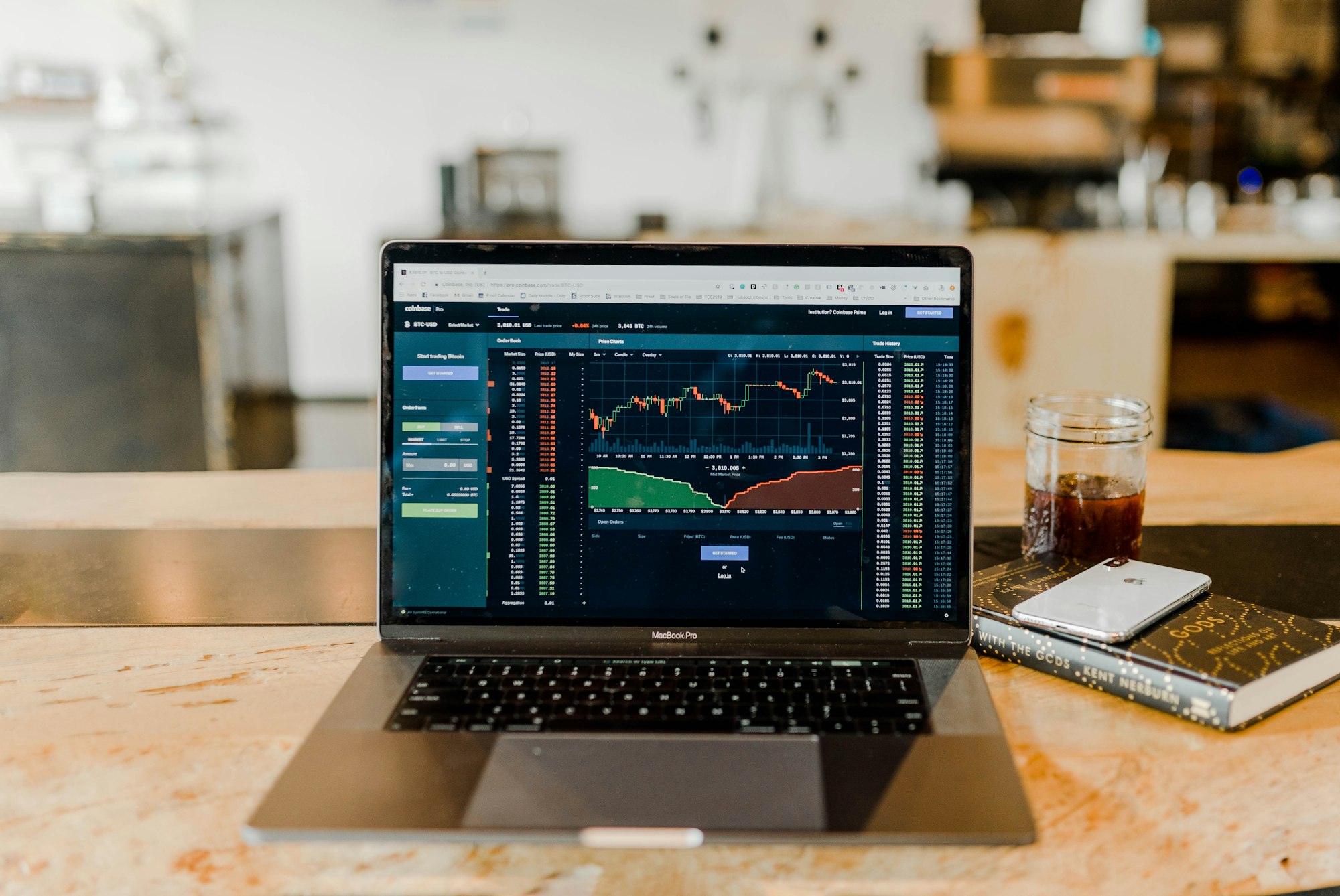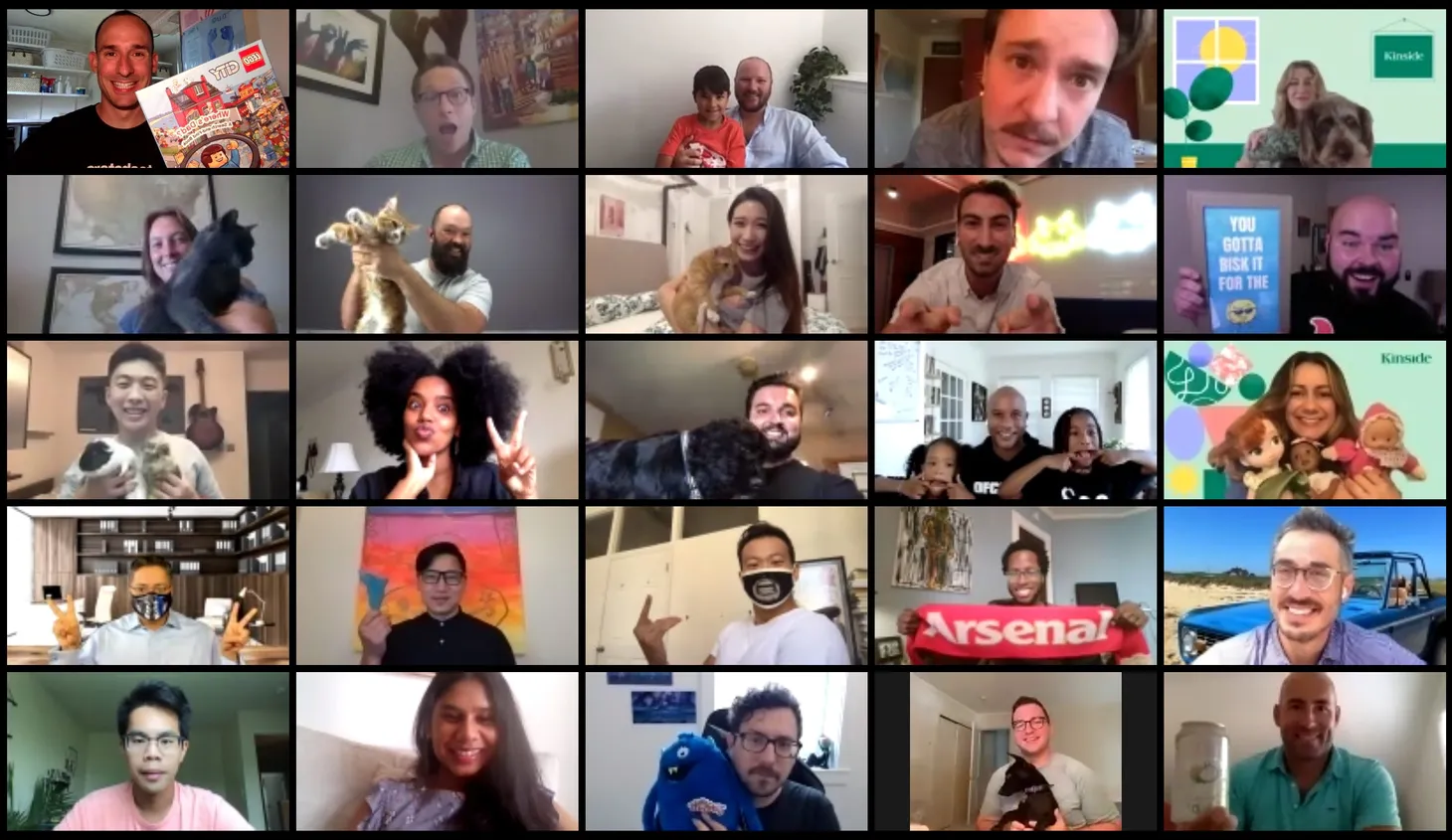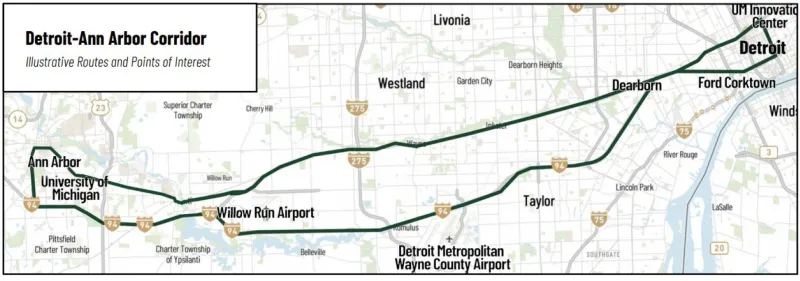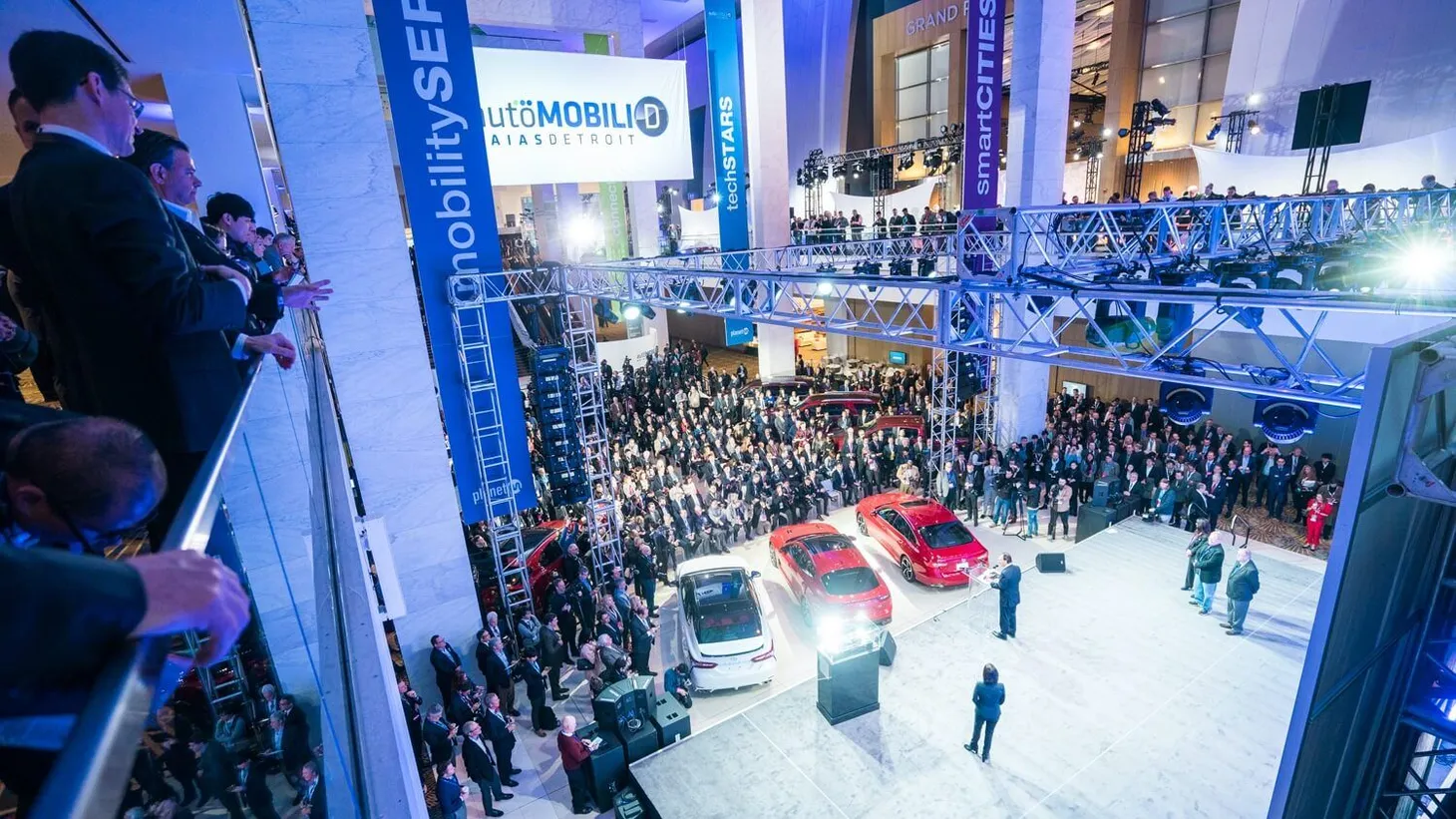My Mobility Startup Investment Themes

This post summarizes how I think about investing in mobility startups from a thematic viewpoint spanning industries, technologies, and modes of transport (e.g., sea, air, and land).
This summer, I will make my 44th investment in a mobility startup. I’m still in awe as I think about that number. The definition of mobility has grown and changed a lot in the past few years. I define mobility as the “technologies and services that enable people and goods to move around more freely.” Check out my previous post for how I define mobility for the automotive industry. I’ll have an updated definition of mobility soon on this blog.
Looking at 100s of mobility startups over the past few years has sharpened my viewpoint. I like the idea of thematic investing and first stumbled across this looking at Foundry Group’s investment themes.
What follows are my evolving thoughts on how I think about investing in mobility startups. Please share in the comments what mobility themes you find interesting. I’m always learning and adjusting my perspective.
My Mobility Investment Themes
Today and Tomorrow
This theme is about startups finding customers for today’s transportation infrastructure and tomorrow’s (e.g., self-driving, connected, electric).
A great example of this theme is my investment in SEEVA which makes heated washer fluid. Every vehicle on the road today would benefit from their technology. With backup cameras being mandatory on all vehicles manufactured after May 2018, keeping those clean (and windshields, especially in Michigan!) is a present opportunity. In tomorrow’s environment, their tech is even more crucial to keep the dozens of sensors on a self-driving vehicle clean.
Always On
This theme is about vehicle uptime and maintenance schedules.
I am super interested in maintenance and uptime. As vehicles make the shift from self-owned to shared, from self-driven to autonomous, from single to fleets, we’re going to see a radical increase in uptime of vehicles. Today, cars are driven only 5% of the time. Tomorrow this could be closer to 100%. This increase in uptime will transform vehicle maintenance. On top of that, as vehicles shift to electric with autonomous computer brains, the types of technicians that service these will have a very different skill set than today. One such example, Bosch is already looking into training autonomous vehicle technicians.
My investments in My Dealer Service, Pitstop, and Acerta are part of this theme.
Data, Data, and Data
This theme is about the vast amounts of data that will be generated, stored, and analyzed through new mobility systems.
An Intel analysis predicts that each self-driving car will generate upwards of 4 TB of data a day, or 250x more data the average person would generate using the phone and connected devices. That doesn’t count for the data that will be generated by entirely new sets of mobility systems including smart traffic intersections, road sensors, and more. The computing, storage, and bandwidth needed to retrieve, analyze, and store this data in near real-time to make decisions (e.g., drive a vehicle) will be staggering.
My investment in Invision AI (formerly Algocian) fits this theme by using edge computing with a new neural network design to make every camera smart.
Specific applications I’m looking for: using blockchain to improve the integrity of data with applications in shared services, logistics, and maintenance (e.g., Carfax built on blockchain)
Autonomy as a Platform
This theme frames self-driving vehicles as a platform for new services and businesses to be built on, much like Google and Facebook are built on the HTTP protocol.
I like to think that vehicles on the roads, in the skies, and in the oceans, are transport capsules much like packets on the internet. They both carry a payload from one destination to another. A fully autonomous system then could be seen as a network layer that technologies and services could be built on top of. Ridesharing is a simple example. Replace human-driven Lyft rides with self-driven ones. Ford thinks it can be the self-driving OS of the future, testing with Lyft and Dominoes as partners.
Global Diversity of Mobility
This theme acknowledges that getting around for people and goods is very different in all parts of the world
People and goods moving about can be very different depending on where in the world you are. The United States to Japan to Africa all utilize different preferred modes of transportation. Access to technology differs, as does socioeconomic status. Bill Ford sums this up best, “Mobility is a human right” as is food, shelter, and medical aid and its impact on the environment.
My investment in Voyhoy fits this category, as it sells bus, flight, and train tickets across South America.
City Systems
This theme is the transformation of cities today to cities of tomorrow with entirely new ways to move about
Mobility in a city sense is a system of interconnected services and technologies helping people and goods move around. This is also referred to as a “smart city” and often is the basis for first/last mile problems. As urban environments continue to grow at staggering rates, we see the rise of megacities, with populations of more than 10M. These dense environments have specific needs for mobility to keep people and goods moving while minimizing congestion, environmental impact, and maintenance costs.
Both my investments in HAAS Alert and Derq fit this theme.
Mobility as a Service
This theme is about finding companies that contribute top-line revenue to OEMs and suppliers.
According to CB Insights, software and services will drive more profit than vehicle sales by 2030, growing from 4% to 36%. This is the transformation from manufactured steel to software and services, hitting automotive head-on, but also any type of vehicle across the sea, air, and land. As Marc Andreessen puts it, “software is eating the world.”
My investment in SPLT, which was acquired by Bosch, fits the theme of a corporate service for carpoolers.
User Experience
This theme is about the end user’s experience getting from point A to point B.
Buying a car sucks. Maintaining one isn’t any better. In fact, car ownership is a huge burden as I outlined in this previous post. But the experience is more than vehicle ownership. What about the experience of riding in a vehicle? What about the experience of renting a car or using a rideshare like Lyft? What about the experience of the rising bike shares or scooter shares? Or the experience of riding in a self-driving vehicle? Or the experience on a bus, train, or flight? Or experiencing navigating from A to B? The experience of shipping something, receiving a shipment, and improving access? User experience is everywhere. As we’ve seen with Apple, technology is essential but the user experience trumps it all.
My investment in Braiq fits this theme, personalizing the self-driving vehicle experience.
Hey founders, are you building a startup that fits in with one of these mobility themes? Or, maybe a different theme that should be on this list? Let me know, I’m actively investing in mobility startups around the world, and I’d love to hear from you.
Ted Serbinski Newsletter
Join the newsletter to receive the latest updates in your inbox.


